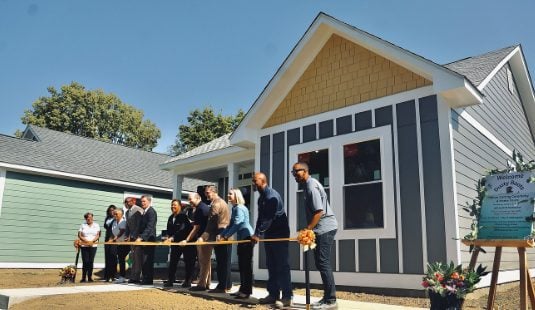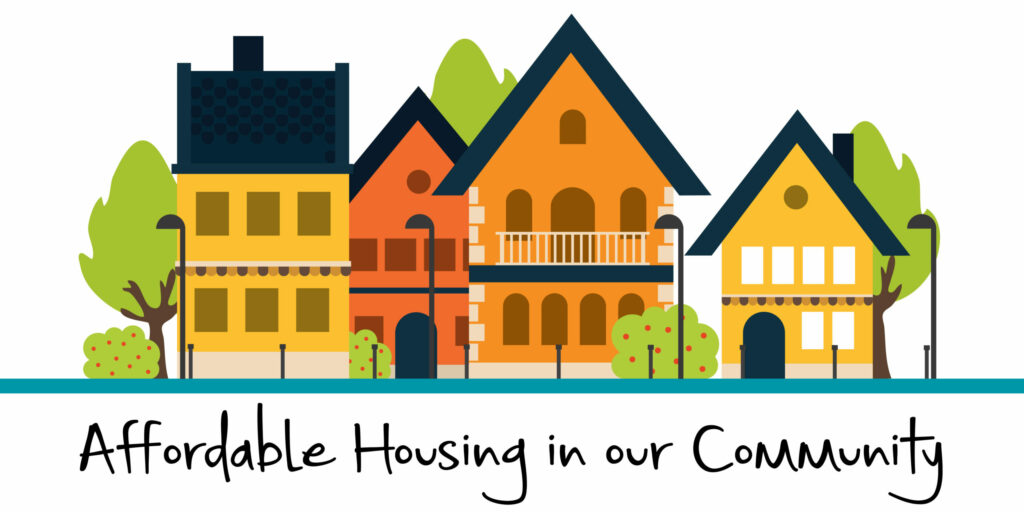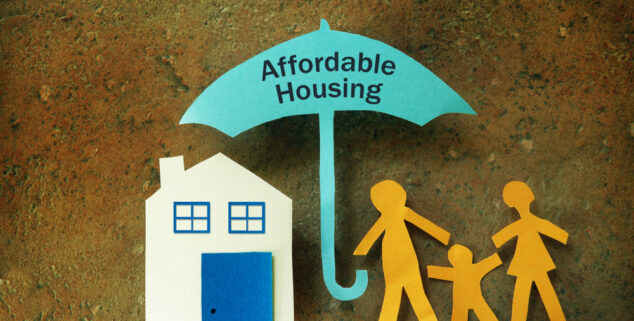Budget Friendly Homeownership Options for First-Time Homebuyers
As the housing market remains to evolve, first-time homebuyers face unique challenges in securing budget friendly homeownership alternatives. Various sources, consisting of federal government help programs, low-down-payment home loans, and targeted gives, have emerged to alleviate financial pressures. These campaigns not just assist in homeownership but also foster area security and financial growth. Nonetheless, browsing these choices can be complex, and understanding which paths are most valuable calls for cautious factor to consider. What approaches can prospective homeowners use to maximize their possibilities in this landscape?
Federal Government Support Programs
Government assistance programs play a vital role in making homeownership possible for numerous individuals and family members. These programs aim to alleviate the monetary concern connected with acquiring a home, especially for novice customers. By using financial assistance, grants, and tax motivations, federal government initiatives assist link the void between increasing real estate prices and the purchasing power of prospective property owners.
Different programs are readily available at the federal, state, and regional degrees. As an example, the Federal Housing Management (FHA) gives insurance on loans, allowing lenders to provide a lot more desirable terms, such as reduced deposits and decreased rates of interest. Furthermore, state and city governments typically have their own initiatives, which may consist of deposit aid programs, buyer education and learning training courses, and desirable home mortgage terms.
These programs are created to resolve the one-of-a-kind obstacles encountered by reduced- to moderate-income family members, consisting of restricted cost savings and credit report. By fostering an environment where homeownership is much more accessible, entitlement program programs not just support individual aspirations yet additionally add to community security and economic growth. Recognizing and making use of these resources can considerably enhance the leads of effective homeownership.
Low-Down-Payment Mortgages
For numerous aspiring home owners, low-down-payment home loans provide a practical pathway to homeownership, particularly in today's tough real estate market. These mortgage alternatives generally call for down payments varying from 3% to 5%, making it easier for newbie customers to go into the marketplace without the burden of saving for a considerable down settlement.
Different loan providers use low-down-payment programs, including conventional financings backed by Fannie Mae and Freddie Mac, as well as government-backed choices like FHA financings. These home loans are created to suit individuals with minimal cost savings while still giving competitive rate of interest. Notably, they allow buyers to maintain even more cash money for other vital costs, such as relocating costs, home examinations, and potential restorations.
However, potential homeowners should be mindful of the trade-offs related to low-down-payment home loans. A smaller deposit may lead to greater regular monthly repayments and the requirement of exclusive home loan insurance policy (PMI), which protects lenders in case of default. Therefore, it is essential for novice buyers to conduct extensive research study and seek advice from with home loan experts, ensuring they select a low-down-payment choice that lines up with their long-lasting monetary objectives. Affordable Homeownership.
First-Time Homebuyer Grants
Lots of first-time buyers find that gives can dramatically relieve the financial worry of purchasing a home, enhancing low-down-payment home loan choices. These gives, usually offered by state and charitable organizations or regional federal governments, provide economic assistance that does not need settlement, making them an appealing alternative for those entering the real estate market.
Qualification for first-time property buyer gives usually depends on earnings, credit reliability, and the purchase rate of the home. Many programs are created to assist low- to moderate-income family members, guaranteeing that assistance reaches those that need it most. The application procedure typically entails documentation of monetary condition, buyer education programs, and often also a commitment to remain in the home for a particular period.
The amount useful varies widely, with some grants supplying numerous thousand bucks to aid cover closing expenses or down settlements. Researching available grants in your area is necessary, as programs frequently alter and might have specific demands. By leveraging these funds, first-time property buyers can make homeownership extra available, eventually attaining their dream of owning a home while mitigating the first economic stress.
Ingenious Neighborhood Efforts
Ingenious neighborhood efforts are playing an important role in expanding affordable homeownership choices for citizens. These efforts frequently involve joint initiatives between city governments, non-profit organizations, and economic sector stakeholders to produce sustainable real estate options tailored to area requirements.
One noteworthy approach is the facility of neighborhood land trusts (CLTs), which permit citizens to purchase homes while the land remains had by the count on. This model aids preserve affordability over time and protects against speculative cost increases. Additionally, CLTs frequently offer educational resources and assistance solutions to empower first-time buyers.
One more effective campaign is the growth of mixed-income real estate jobs, which mix inexpensive systems with market-rate homes. This strategy cultivates comprehensive try this site areas and minimizes the stigma often associated with low-income real estate. Moreover, city governments are progressively supporting zoning reforms to assist in the building of accessory residence systems (ADUs), which can provide added rental income for home owners while enhancing real estate accessibility.

Tips for Budgeting and Saving

Following, establish a dedicated cost savings account particularly for your future home acquisition. Goal to save a portion of your revenue constantly, ideally 20% or more, to develop a substantial deposit. Make use of automation tools, such as direct deposit or automated transfers, to make saving less complicated and a lot more constant.
Furthermore, consider taking on the 50/30/20 guideline: allot 50% of your income to requirements, 30% to wants, and 20% to financial savings and financial debt settlement - Affordable Homeownership. This approach advertises well balanced economic wellness

Final Thought
In recap, affordable homeownership choices for new property buyers encompass various sources such as government aid programs, low-down-payment home loans, and grants. By leveraging these monetary tools, people can browse the complexities of homeownership, eventually contributing to a much more equitable housing landscape.
As the real estate market proceeds to evolve, novice buyers face one-of-a-kind difficulties in protecting budget-friendly homeownership alternatives. By fostering a setting where homeownership is extra accessible, government support programs not only support individual aspirations but also add to area security and financial development. By leveraging visit the website these monetary sources, first-time property buyers can make homeownership a lot more easily accessible, eventually accomplishing their desire of having a home while minimizing the first monetary stress.
In summary, economical homeownership options for new property buyers encompass numerous resources such as federal government help programs, low-down-payment home mortgages, and grants. By leveraging these economic devices, individuals can navigate the complexities of homeownership, inevitably contributing to an extra equitable real estate landscape.